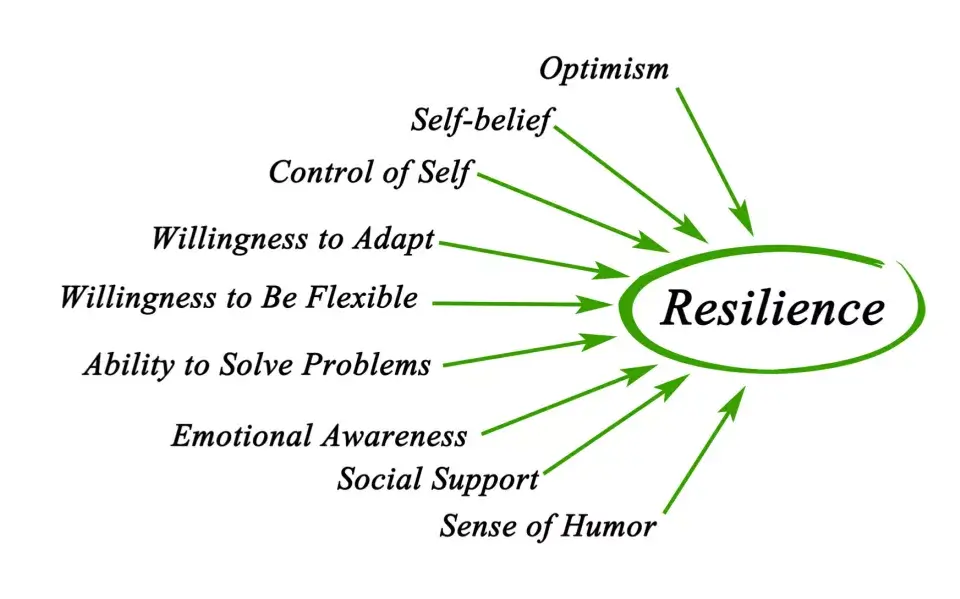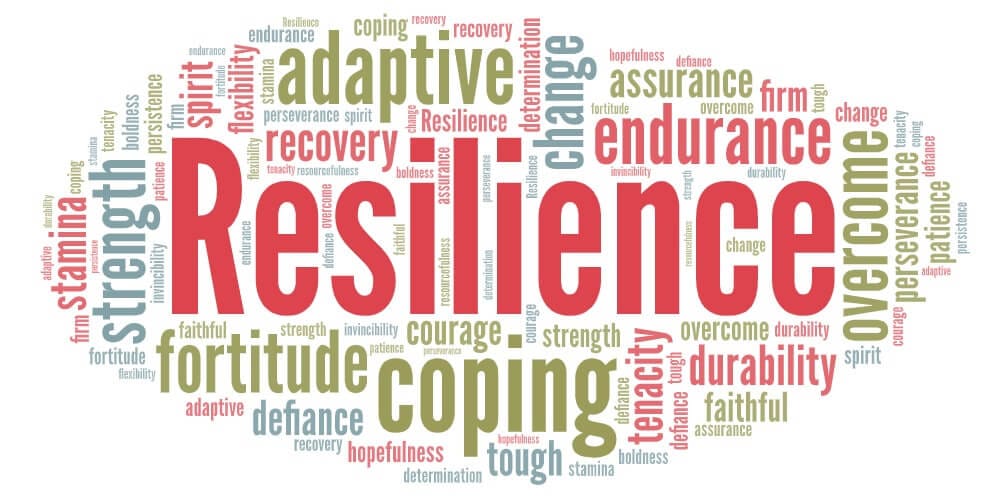
Did You Know?
Life is full of difficult times. Loss of job. Family issues. We are all confronted with these rough patches. Some people seem not to be fazed by them too much. They do not seem to give up very easily. They seem to bounce back quickly. This is called resilience. It is not a trait you are born with. You can develop this strength over time. Resilience is a skill that we can build to live a better life. It is something we all must have.
What is Resilience?
Resilience is your coping ability. You can adapt. You can address a crisis. Also, you can take on a hardship. It is not about getting through life without pain. It is about experiencing pain. Also, it is about getting through pain. A resilient person bends. A resilient person does not break. Also, a resilient person makes a mistake. A resilient person learns from a mistake. A resilient person comes back stronger. hence, resilience is a capacity. Resilience is a way of thinking. Furthermore, resilience is a way of living. Resilience helps you stand tall. Resilience helps you keep moving.

The Importance of Your Tribe
The people in your life are incredibly important. They are a cornerstone of resilience. Friends and family provide comfort. Friends and family provide alternate perspectives. This way, you do not feel alone. A strong support system is a tremendous resource. In fact, studies show social connection is a significant factor. Social connection is helpful to people in hard times. Additionally, sharing your challenges can help make them feel smaller. It allows you to see solutions that you may not have noticed before. For all of these reasons, taking care of your relationships is paramount; you build your resilience through others.
The Armor of the Mind: A Psychological Perspective
Resiliency begins in the mind. It begins with your thinking. Resilient people have a different thinking style. They see a problem. They do not see an everlasting failure. Also, they think of it as a temporary problem. However, they also believe in their power of self-efficacy. They believe they have the power to solve the problem. Also, they believe they can control the direction of their life. Their belief empowers them. It enables action. Also, it makes them feel less powerless. In addition, they see problems as development opportunities – they see that they can learn from any struggle. Their thinking is like armor.
Read more: Daily Micro-Shifts to Change Your Life
Be Kind to Yourself
Another important key is self-compassion. We tend to beat ourselves up a lot. We often blame ourselves for our problems. Also, we should be kind to ourselves instead. Treat yourself as you would treat a good friend. If a friend had a setback, you would not blame them. You would give them support. Do the same for yourself. Acknowledge the struggles you experience. Do not judge your feelings. When you practice self-compassion, you not only heal, you move forward. hence, self-compassion is not a weakness at all. It is a deep and powerful strength.
Coping patterns are: A psychological perspective.
Resilient individuals engage in effective coping patterns. They do not escape their problems. They tackle the issues directly. Also, they try to solve the problem. They access friends or family. They use others for support. Resilient individuals are proactive, and they take positive action to cope with stress. They may exercise or meditate. They avoid unhealthy coping approaches. Although, they do not suppress their feelings, but they process them positively. hence, when the coping literature is examined, it appears that resilient individuals utilize problem-focused coping patterns more than emotion-focused patterns. So, this is an effective coping strategy to deal with stress!

Nurturing Resilience: Simple steps you could take
You may start expanding your resilience today. Building resilience is like building a home. You have to first worry about building a strong foundation. Let me emphasize, these are some guidelines; you may use them to jump-start building resiliency.
- Build Relationships: Speak to someone you trust, seek their strength and support. Let them help you remember that you are not alone.
- Self-care: Take time for yourself. Get enough sleep, eat healthy, and exercise regularly. If you have a healthy body, you’ll have a healthy mind.
- Set small, realistic goals: Start small and achievable. This lets you feel pieces of success. Build your confidence. Build your sense of control.
- Find purpose: Get involved in an activity that is important to you. Volunteer/work with someone in your community. Purpose is a motivating factor in life. Purpose gives your life quality.
- Accept change: Change is a part of life. Accept it. Be flexible with your thinking, allowing you to become adaptive.
A Look at the Numbers: Recent Findings
The connection between resilience and well-being is strong. A study published in The Journal of Positive Psychology in 2024 showed that state resilience has a large relation to lower levels of depression and anxiety, while those who have more state resilience are happier. In addition, a 2023 survey highlighted that someone who has high state resilience claims they are 40% likely to experience high levels of life satisfaction. This illustrates that resilience can be a strong tool and key to mental wellness. Resilience can be the key to a person feeling well.
Read more: The Psychology of Fear and Phobias
Islamic Perspective: The Role of Sabr and Tawakkul
Islam gives us the important notion of Sabr. Sabr does imply we should be patient. Unlike ‘passive,’ Sabr might be better understood as being ‘active’ in our endurance. Sabr does not mean to stop doing anything. Sabr means to keep moving forward and keeping hope alive. Tawakkul is our trust in Allah. In practice, Tawakkul means to do your best and leave the rest to Allah. Both provide insight on how to respond to the difficult consequences of a bad time period. Both can provide comfort. Additionally, both can provide internal strength.
The Quran says: “
And We will surely test you with something of fear and hunger and a loss of wealth and lives and fruits, but give good tidings to the patient.
” (Surah Al-Baqarah, 2:155)

In Conclusion:
A Muscle You Can Develop, Resilience, is not a superpower. It is a muscle. And it can be trained. And it can be made strong. There will always be challenges in life. But you can learn to tackle them. Also, you can learn to move forward from them. Hence, take a small step. Reach out to a buddy. Set a small goal. So, your resilience journey starts here. You can do it. You just need to develop it.



Leave a Reply